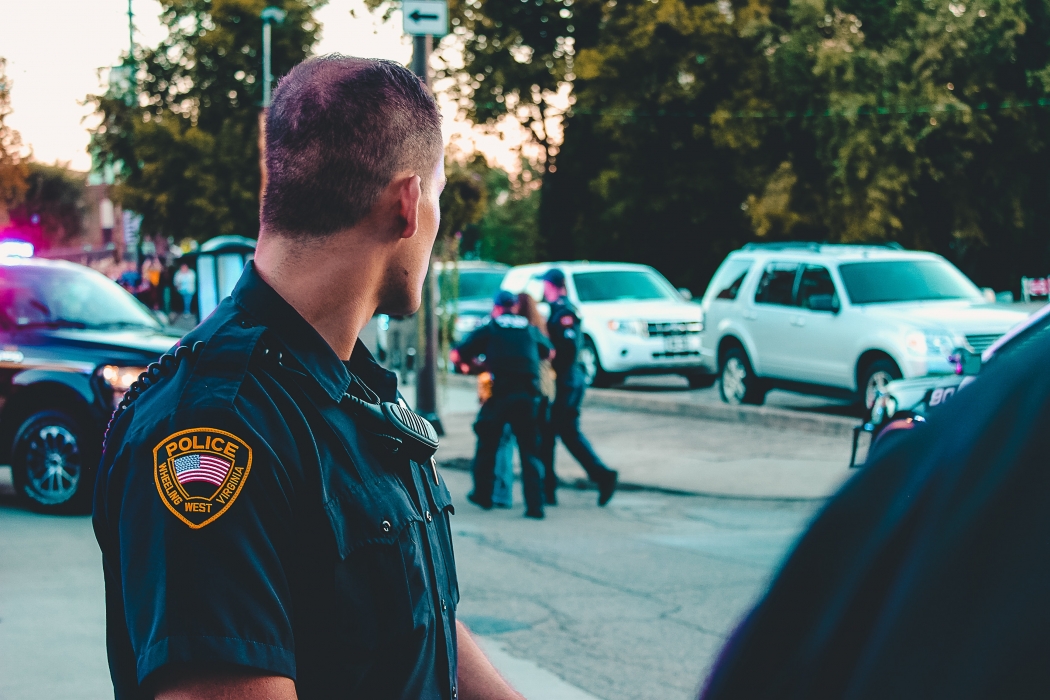In City of San Diego v. Roe, 543 U.S. 77 (2005), the Supreme Court illumed the “public concern” test for free expression jurisprudence involving public employees. It determined that a police department had not violated a policeman’s First Amendment rights in firing him for selling videos of himself committing sexual acts while in police uniform.
Case focused on off-duty expression of police
San Diego police officer John Roe, a pseudonym, contended that the city had violated his First Amendment rights by disciplining him for off-duty conduct that did not affect his job performance.
The city countered that Roe’s activities were detrimental to the image and functioning of the police department. It also argued that Roe’s sexual activities did not touch on a matter of public importance or public concern — for example, institutional corruption or racial discrimination — which public employees must first establish to make a First Amendment claim.
A federal district court agreed with the city and granted summary judgment. The Ninth Circuit Court of Appeals reversed, noting that Roe’s expression was off-duty and unrelated to his employment.
Court said policeman’s expression was not protected by the First Amendment in this case
On appeal, the Supreme Court unanimously reversed the Ninth Circuit in a per curiam opinion.
The justices determined that the proper approach should be the traditional balancing test, weighing employee expression against employer concerns, as established in Pickering v. Board of Education (1968) and Connick v. Myers (1983).
The Court determined that Roe’s expression did not touch on a matter of public concern, defined as “something that is a subject of legitimate news interest.” The Court concluded that Roe’s sexual expression did not meet the public concern test: “Roe’s activities did nothing to inform the public about any aspect of the SDPD’s functioning or operation.”
David L. Hudson, Jr. is a law professor at Belmont who publishes widely on First Amendment topics. He is the author of a 12-lecture audio course on the First Amendment entitled Freedom of Speech: Understanding the First Amendment (Now You Know Media, 2018). He also is the author of many First Amendment books, including The First Amendment: Freedom of Speech (Thomson Reuters, 2012) and Freedom of Speech: Documents Decoded (ABC-CLIO, 2017). This article was originally published in 2009.

